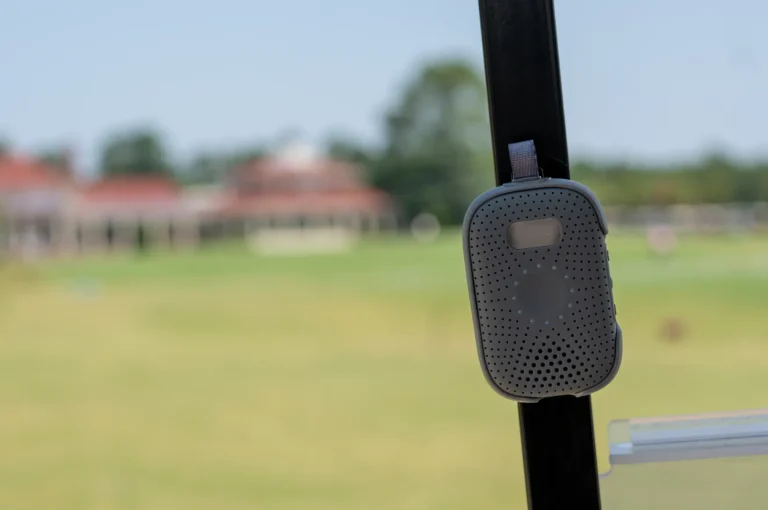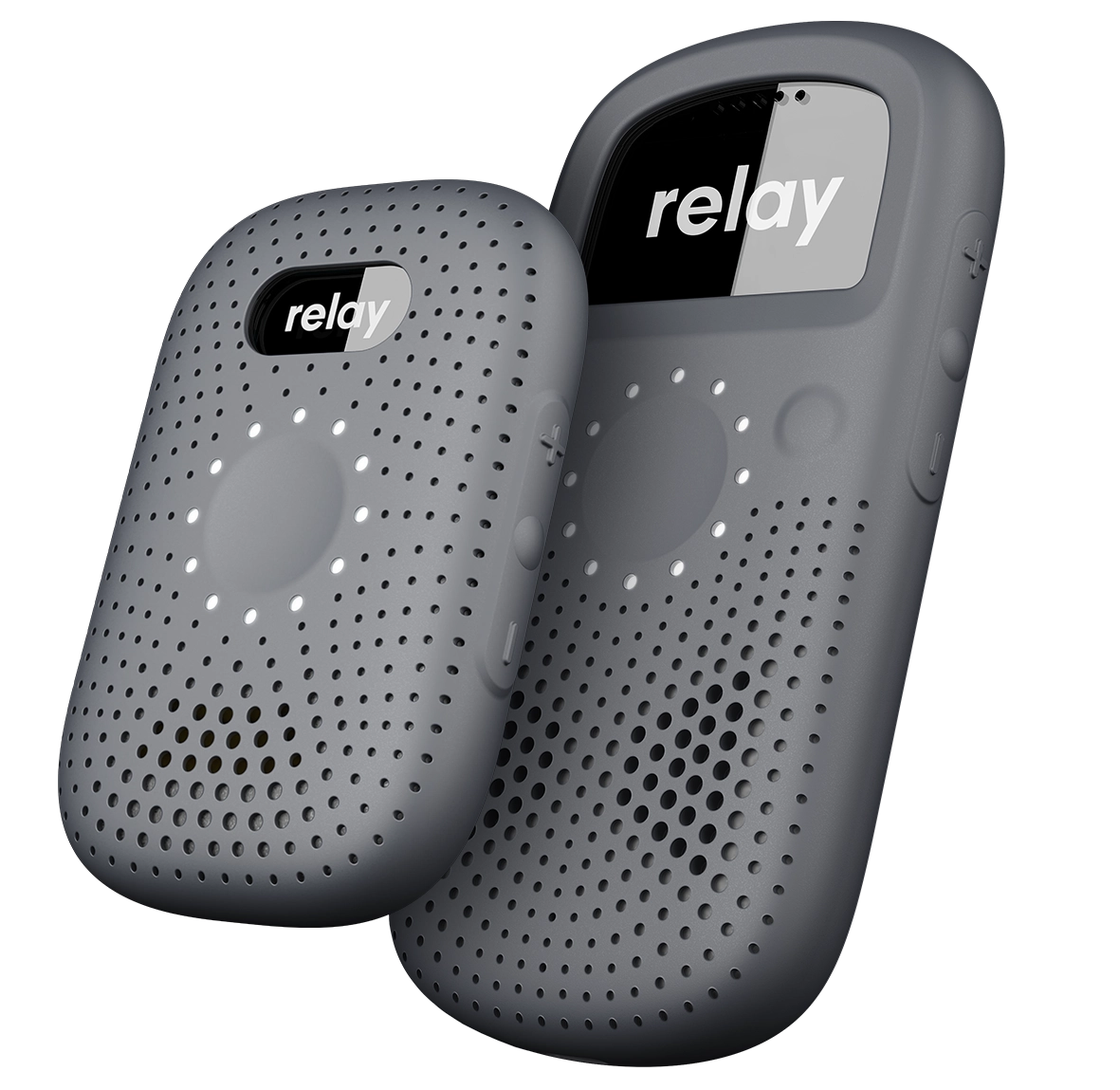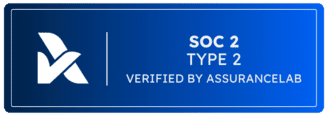One of the greatest dichotomies of the hospitality industry is finding the right balance between exceptional customer service and bleeding-edge technology. But neither you nor your guests should have to sacrifice excellent service for constantly updated and improved tech. Instead, it’s wisest to shift from the more traditional corporate mindset to incorporate ways to dip into that data lake you’ve collected to find ways to make your staff more efficient and effective.
What stays and what goes?
During the Hotel Data Conference held in Nashville, TN, in August 2021, panels of hotel industry experts analyzed various topics and predictions. At a breakout session called “Operational changes: What stays and what goes?” there was a deep dive into both the operational changes in hotels and projections of what might come next. While much changes quickly right now as the industry reopens more fully, some trends remain evergreen. And one of the topics that came up repeatedly during the conference was the need to fully utilize and leverage all that data you’ve been gathering.
“So many hotels and golf resorts are so busy focusing on the guest experience that they lose sight of keeping staff happy.”
5 tips to get started with leveraging your data
If you’re looking for a few quick ways to leverage your data to elevate your staff’s productivity, we pulled together a starter list to inspire you.
1. Update your staff loyalty programs. So many hotels and golf resorts are so busy focusing on the guest experience that they lose sight of keeping staff happy.
As hotel occupancy continues to grow, it’s crucial to remember that if your team is unhappy, they could be eyeing other options.
Our survey discovered that nearly 50% of hospitality workers might switch jobs for better tech. By ignoring your staff’s happiness factor, you might be encouraging them to seek employment elsewhere.
Now is a great time to do a deeper analysis of your staff’s likes or pet peeves. And instead of grumbling about the results being potentially costly, realize that hiring or training alternate staff would be far more expensive. Try rewarding the most loyal, conscientious, or even cheerful staffers with rewards ranging from free lunch to upgraded tech. Allow them to become your internal brand ambassadors to their coworkers.
2. Shift team leaders. Despite vigilant vetting processes, not everyone hired for a specific role is best suited for the job.
Take some time to analyze positive results, growth, feedback, and more to learn more about those who act as team leaders for the rest of your staff. If there’s a positive result, reward them. If they don’t seem as well suited to the job as anticipated, try sitting down with them and discussing the results of your analysis, and offering them a chance to improve. In the interim, consider shifting someone from a different team to bolster a lagging group. Depending on feedback or other data, you may find that moving team leaders will improve the entire staff’s outlook and output.
3. Identify potential trouble spots. The reason some teams underperform could be because of their specific environment. Or perhaps they’re avoiding certain areas of the property.
By studying data gleaned from associate alert devices, you may discover that certain areas of your property are considered less safe by staffers. It’s also possible they avoid shifts in those spots. By making a few changes like upgraded lighting sensors and outfitting all staffers with updated and easy-to-use panic buttons, you instill more confidence in remote staff. Housekeeping teams then understand that isolated rooms or hotel areas are as safe as the front desk.
4. Understand how to support meeting planners. As predictions for upcoming business travel continue to grow, hotels have to learn how to accommodate a greater volume of guests.
By best understanding the needs of meeting planners, you can pave the way for more advance group bookings. By leveraging the data you gather from past meeting planners, you understand the way their own needs have shifted and by association the clients they serve.
Depending on how useful you find this data, you can decide if it’s worth it to create a specific branded portal or incentive program geared just to meeting planners and their groups.
5. Beat the competition. It’s not petty to want to outperform the competition. A huge part of the guest experience is staff performance. By ignoring collected data about your team, you could be negatively impacting your bottom line. It’s also possible that that tiniest tweak could increase guest satisfaction drastically. By ignoring the collected data, you’re effectively ignoring your customer’s needs and desires.






